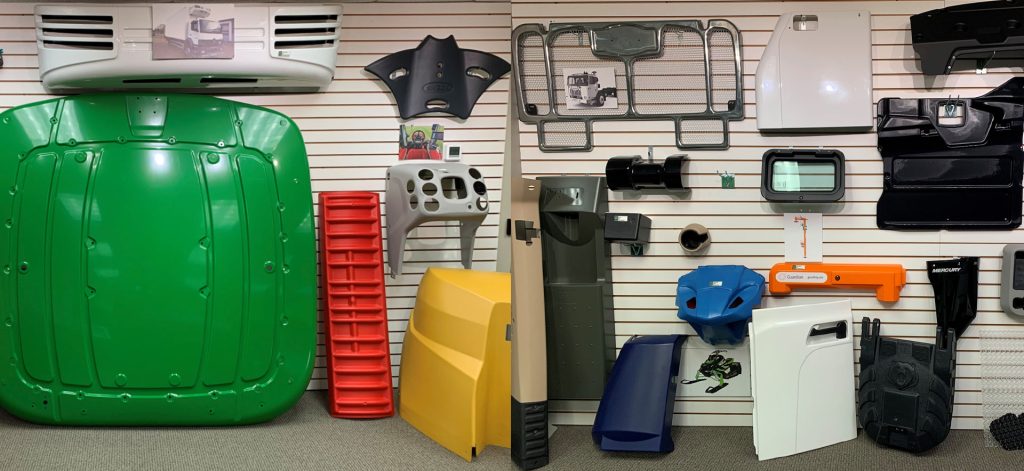Custom plastic manufacturing plays a essential position in a wide range of industries, providing designed solutions to meet up specific needs. In this information, we search into the planet of custom plastic creation, from the first design phase to the ultimate solution delivery.
The Design Period:
Customer Cooperation: Custom plastic manufacturing typically starts with a relationship between producer and the client. The client communicates their particular requirements, including measurements, substance choices, and intended use.
Material Collection: Selecting the most appropriate plastic-type is crucial. Makers guide clients in selecting products centered on facets such as durability, temperature resistance, and substance compatibility.
Computer-Aided Design (CAD): Style designers use CAD software to generate specific 3D models of the custom plastic portion or product. This allows for thorough examination and modifications before production.
Prototyping and Testing:
Quick Prototyping: A prototype is often intended to validate the design’s efficiency and aesthetics. Rapid prototyping techniques like 3D printing allow quick iterations and adjustments.
Product Screening: Prototypes undergo product testing to make sure they match specified efficiency criteria, such as load-bearing capacity and durability.
Client Agreement: Customers evaluation and accept the prototype, giving feedback for final adjustments.
Creation and Manufacturing:
Tooling and Molding: Once the design is finished, suppliers build molds and tooling required for production. Various practices like procedure molding, extrusion, and thermoforming are employed.
Quality Get a grip on: Demanding quality get a grip on methods are executed all through production to make sure accuracy, uniformity, and submission with specifications.
Modification: Custom plastic production permits distinctive features, shades, and personalisation elements to be incorporated into the ultimate product.
Construction and Appearance:
Assembly: If the custom plastic product contains numerous parts, construction operations are carried out meticulously, usually involving automated machinery.

Packaging: Completed items are carefully packaged to guard them all thermoforming manufacturers transportation and storage.
Delivery and Post-Sales Support:
Timely Distribution: Companies assure on-time distribution to meet up client needs and manufacturing schedules.
Client Support: Post-sales help, including warranty and preservation services, is offered to steadfastly keep up the durability and performance of custom plastic products.
Realization:
Custom plastic manufacturing is a dynamic process that involves relationship, detail executive, and quality control. Whether it’s providing components for the automotive business or producing complicated medical devices, the modification of plastic products presents countless possibilities for innovation.
